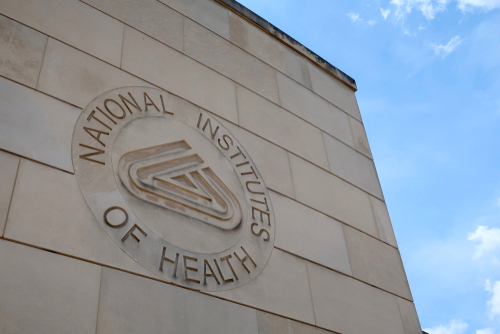
As the COVID-19 pandemic drags on, the National Institutes of Health (NIH) has awarded more than $107 million to support new, non-traditional means of plugging gaps in COVID-19 testing and surveillance, as well as to develop platforms for future outbreaks.
The awards were given under a program known as RADx Radical and, to date, support 49 research projects and grant supplements at 43 institutions in the U.S. These include viral screening approaches like biological or physiological markers, new analytical platforms with novel chemistries or engineering, rapid detection strategies, point of care devices and home-based testing options.
Among the projects selected, this includes everything from the development of an electrochemical biosensor in two detection devices to provide simultaneous, real-time, continuous surveillance of large areas and instant detection of SARS-CoV-2, to A.I. based devices capable of detecting, diagnosing, predicting, and monitoring COVID-19 in clinical, community and everyday settings.
“To solve a problem as complicated as COVID-19, we need ideas, tools, and technologies that challenge the way we think about pandemic control,” Dr. Francis Collins, NIH Director, said. “These awards from the RADx-rad program provide superb examples of outside-the-box concepts that will help us overcome this pandemic and give us a cadre of devices and tactics to confront future outbreaks.”
Among the projects selected were two intramural efforts, one from the National Institute of Environmental Health Sciences and one from the National Library of Medicine. The former earned $1 million to develop barcoded screening of SARS-CoV-2. The latter gained $200,000 to create a nationwide early warning system and data platform to assist policy decisions for public health management of viral diseases.




